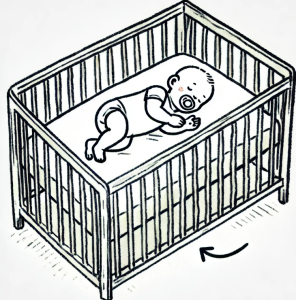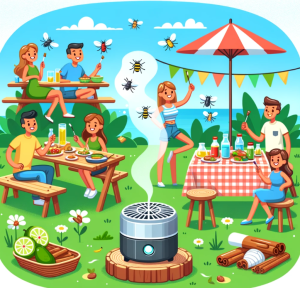
Heat Wave (Tips for PH people)
Yes, for us in the Northeast US, it is very hot outside. And I know that many people deal with this type of weather all the time (I did go to school in South Carolina, after all). But still, here are several public health recommendations for managing heat waves, based on evidence from public health research and guidelines from organizations such as the CDC and WHO:
1. Stay Hydrated
- Increase Fluid Intake: Drink water or other hydrating fluids regularly, even if you do not feel thirsty.
- Avoid Alcohol and Caffeinated Beverages: These can contribute to dehydration.
2. Create a Safe Environment
- Cool Indoor Spaces: Stay in air-conditioned or well-ventilated environments during peak heat hours. If home cooling is unavailable, consider visiting designated cooling centers.
- Shade and Ventilation: Use fans, open windows, or curtains to help maintain cooler indoor temperatures.
3. Limit Outdoor Exposure and Physical Activity
- Schedule Outdoor Activities Wisely: Avoid strenuous activities during the hottest parts of the day (typically between 10 a.m. and 4 p.m.). I always find it tempting to go for a run when it’s super hot. I am also an idiot.
- Take Frequent Breaks: If you must work or engage in physical activity outdoors, schedule regular rest breaks in shaded or cool areas.
4. Monitor Vulnerable Populations
- High-Risk Groups: Pay extra attention to the elderly, children, and individuals with chronic conditions.
- Community Outreach: Public health initiatives often include checking on neighbors or community members at high risk during heat waves.
5. Recognize the Signs of Heat-Related Illnesses
- Early Symptoms: Familiarize yourself with symptoms such as heavy sweating, weakness, dizziness, nausea, or muscle cramps.
- Emergency Response: Seek immediate medical attention if someone exhibits signs of heat stroke (e.g., confusion, high body temperature, and the absence of sweating).
6. Public Health Communication
- Stay Informed: Follow updates and advisories from local public health agencies.
- Educational Campaigns: Encourage the dissemination of heat wave safety information through community channels.
Supporting Evidence and Resources
- Centers for Disease Control and Prevention (CDC): Provides detailed guidelines on heat-related illness prevention and management. CDC Heat Stress
- World Health Organization (WHO): Offers recommendations and resources for public health preparedness during heat waves. WHO: Heat-Health Action Plans
These strategies aim to reduce the risk of heat-related illnesses and protect community health during heat wave events. For additional details, consult the latest publications from recognized public health bodies.



